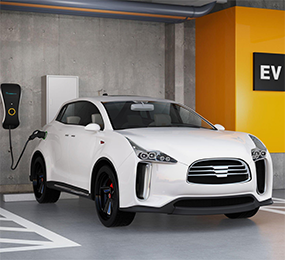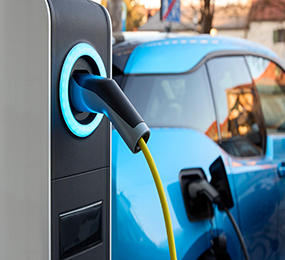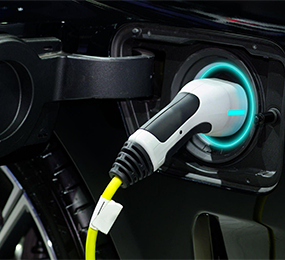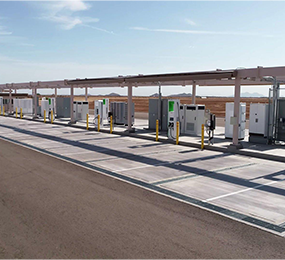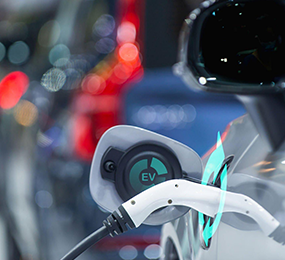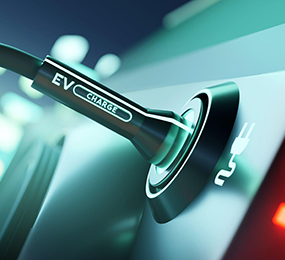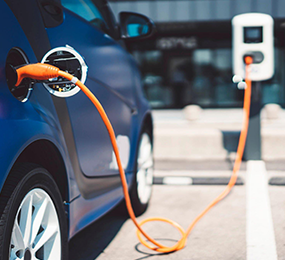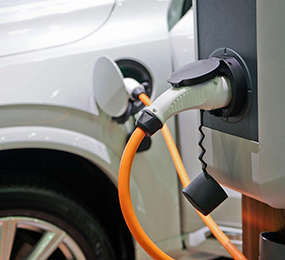The Role of Public-Private Partnerships in Advancing EV Charging Infrastructure
As the world transitions towards a sustainable future, electric vehicles (EVs) have emerged as a key solution to reduce carbon emissions and combat climate change. However, one of the major challenges for widespread EV adoption is the lack of a robust and accessible charging infrastructure. This is where the role of public-private partnerships (PPPs) becomes crucial in advancing EV charging infrastructure.
PPPs bring together the strengths and resources of both the public and private sectors to tackle complex challenges. In the case of EV charging infrastructure, PPPs enable governments and private companies to collaborate, leveraging their expertise and investments to build a comprehensive charging network.
Governments play a critical role in setting policies, regulations, and standards for EV charging infrastructure. They provide the necessary framework to incentivize private investment, ensure interoperability, and promote the growth of EV charging networks. Public entities also have the authority to allocate public spaces for charging stations, facilitate permits, and manage the overall integration of EV infrastructure into existing urban planning.
On the other hand, private companies bring the innovation, technology, and capital required to develop and operate charging stations. They have the expertise in designing and deploying charging infrastructure, managing user experience, and leveraging data analytics to optimize charging services. Private entities also have the flexibility to invest in research and development, leading to the emergence of faster, more efficient, and higher-capacity charging solutions.
The collaboration between the public and private sectors creates a win-win situation. Governments benefit from reduced carbon emissions, improved air quality, and increased EV adoption, aligning with their sustainability goals. Private companies, in turn, have the opportunity to tap into a growing market, generate revenue through charging services, and contribute to a cleaner and greener transportation ecosystem.
Furthermore, PPPs foster innovation and collaboration. By combining the knowledge and resources of multiple stakeholders, PPPs encourage the development of new business models, charging technologies, and smart grid integration. They facilitate research and pilot projects to test new solutions, accelerate the deployment of charging infrastructure, and address emerging challenges such as ultra-fast charging, wireless charging, and renewable energy integration.
It is important to note that PPPs need to be based on transparent and well-defined agreements to ensure the equitable distribution of costs, risks, and benefits. The roles and responsibilities of each partner should be clearly outlined, and mechanisms for long-term sustainability and scalability must be in place.
In conclusion, public-private partnerships play a vital role in advancing EV charging infrastructure. By leveraging the strengths of both sectors, PPPs drive innovation, investment, and collaboration, leading to the development of a robust and accessible charging network. Through these partnerships, we can accelerate the transition to electric mobility, reduce greenhouse gas emissions, and create a sustainable transportation system for future generations.
Visit our website to know more: https://www.leadventgrp.com/events/2nd-annual-ev-charging-infrastructure-forum/details
For more information and group participation, contact us: [email protected]
Leadvent Group - Industry Leading Events for Business Leaders!
www.leadventgrp.com| [email protected]


